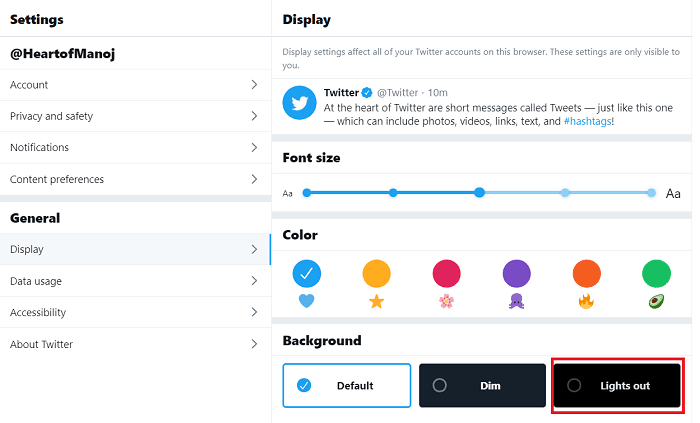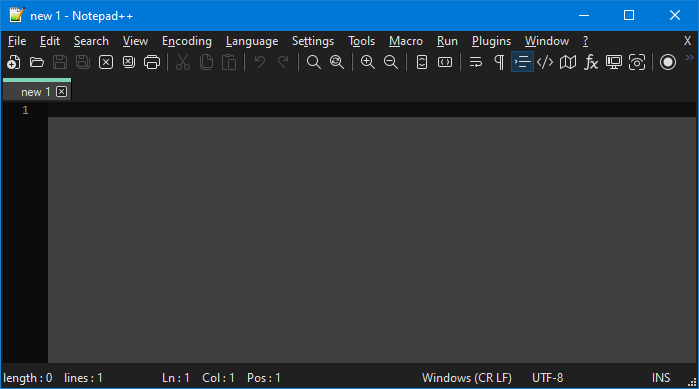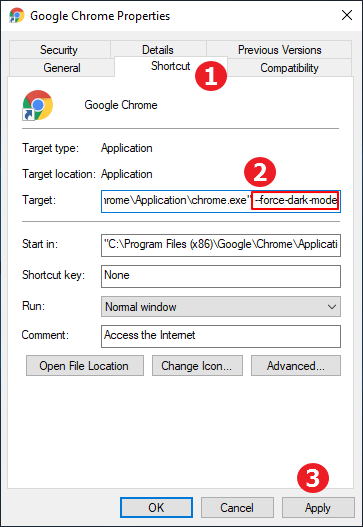



Historically, Chrome integrated with the root store and certificate verification process provided by the platform on which it was running. Our program policy, which establishes the minimum requirements for CAs to be included in the Chrome Root Store, is publicly available here. Members of the Chrome Security Team are responsible for the Chrome Root Program. The Chrome Root Store contains the set of root CA certificates Chrome trusts by default.Ī root program is a governance structure that establishes the requirements and security review functions needed to manage the corresponding root store. Root stores, sometimes called “trust stores”, tell operating systems and applications what certification authorities to trust.

Certificates issued by a CA not recognized by Chrome or a user’s local settings can cause users to see warnings and error pages. Certificates are responsible for binding a domain name to a public key, which Chrome uses to encrypt data sent to and from the corresponding website.Īs part of establishing a secure connection to a website, Chrome verifies that a recognized entity known as a “Certification Authority” (CA) issued its certificate. What’s a root store or root program, anyway?Ĭhrome uses digital certificates (often referred to as “certificates,” “HTTPS certificates,” or “server authentication certificates”) to ensure the connections it makes on behalf of its users are secure and private. This post shares an update on our progress and how these changes help us better protect Chrome’s users. The Chrome Root Program ultimately determines which website certificates are trusted by default in Chrome, and enables more consistent and reliable website certificate validation across platforms. In 2020, we announced we were in the early phases of establishing the Chrome Root Program and launching the Chrome Root Store.


 0 kommentar(er)
0 kommentar(er)
